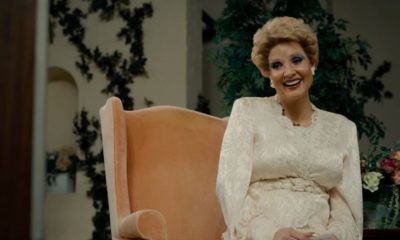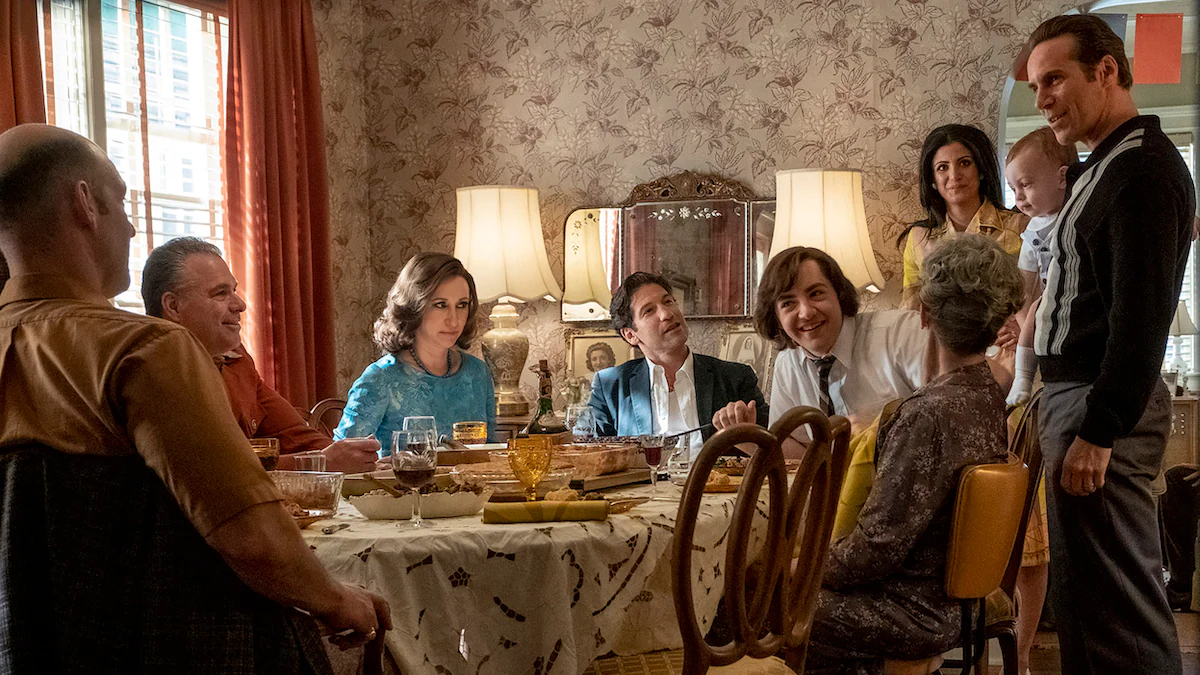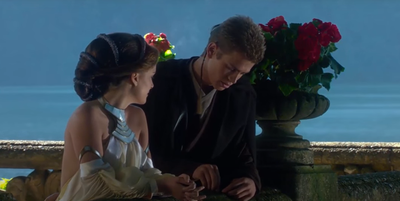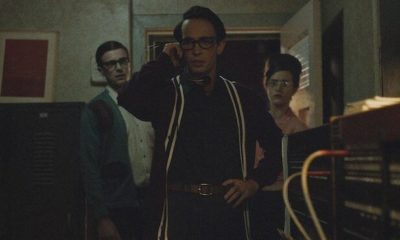We hear you. Leo Tolstoy? Nineteenth-century Russian literature? You’re eyes are burning holes in the theater’s “Exit” sign, already. But trust in me – better yet, trust in Joe Wright – when I tell you this latest adaptation of Anna Karenina is an intoxicating, intelligent, fresh and intensely passionate take on a timeless piece of storytelling.
The first sound you hear will be the chatter of a live audience settling in for a show. Wright – a director who’s ever in search of his next visual challenge – electrifies Karenina by incorporating the inner workings of an anonymous theater into his backdrop. A curtain lifts at the start of the “performance.” Characters exit the stage, descending into the musicians’ pit or maneuvering the rafters far above the action. The camera takes note of the limitations of its surroundings, creating obstacles that Wright brilliantly circumvents. Yet the stage is never acknowledged by the actors because to them, it doesn’t exist. Wright uses it as a metaphor for aristocratic life in Imperial Russia, where every deed is open to intense scrutiny and public discourse.
That’s unfortunate for Anna Karenina (Keira Knightley), loyal wife to government official Alexei Karenin (Jude Law) who finds herself falling for passionate bachelor Alexei Vronsky (Aaron Taylor-Johnson) despite the vocal disapproval of Moscow’s judgmental aristocratic society. Karenina, like Tolstoy’s 1877 source novel, delights in the soap-opera follies of the rich and noble. It affords society’s antique games of love and adoration, of courtship and honor with the necessary pomp and circumstance. And when a married woman like Anna dances with a single stud like Vronsky, the shocked looks on the faces of the tightly gathered crowd speaks volumes.
Wright’s approach to the material is simply dazzling. His stage choreography walks a thrilling tightrope of visual presentation that’s exhilarating to watch (yet frustrating, I’m sure, for the actors to account into their layered performances). Production designer Sarah Greenwood and set decorator Katie Spencer fashion lavish locations for the cast (while adhering to Wright’s exhilarating limitations). An ice-skating rink and a horse-race track are but a few of the unexpected locales found in Anna. But right when you fear Karenina will be pigeonholed by the director’s inventive choice, he opens up the field of vision to follow characters who escape the watchful eye of Russia’s society. Karenina, when it needs it, finds plenty of room to breathe.
Lest you think Wright’s Anna exists solely as a technical exercise, it’s worth noting that the cast understands the emotional currents binding Tolstoy’s dark and brutal work. Knightley is vivacious and wise as the “elder stateswoman” of the socialite sect, and she forms a smoldering union with Taylor-Johnson … one that pains both them (and us) when it eventually falls apart. And Law picks his spot as the disapproving husband, knowing that he has one shot to devastate his spouse with her admitted infidelity. His line –“I thank God the curse of love has been lifted from me.” – is a knockout blow.
Wright’s film lingers a bit too long as the relationships play themselves out. To borrow a phrase from one character, the story “blows on the embers of a fire that should be allowed to die.” But in all, Anna Karenina is a striking, bold, brash, passionate and provocative adaptation that breathes fire into a Russian classic. It’s a must-see.



 Movies News6 years ago
Movies News6 years ago


 Movies News4 years ago
Movies News4 years ago


 Movies News4 years ago
Movies News4 years ago


 Movies News4 years ago
Movies News4 years ago






